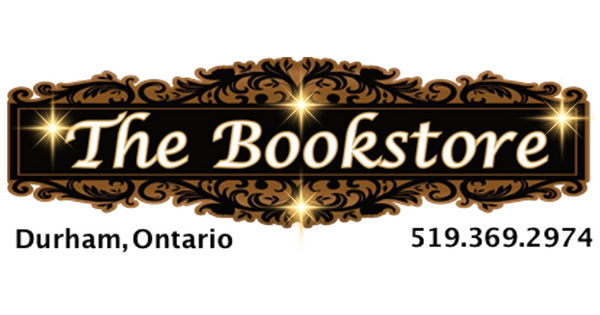
Ancient Beginnings: Clay Tablets and Papyrus Scrolls
**Clay Tablets**
- **When**: Around 3500 BCE- **Where**: Mesopotamia
- **What**: Imagine scribes carefully inscribing symbols onto wet clay with a stylus. Once dried, these tablets became some of the earliest forms of written records. They might not have been the easiest to carry around, but they were the start of something big!
**Papyrus Scrolls**
- **When**: Around 3000 BCE- **Where**: Ancient Egypt
- **What**: Enter the papyrus scrolls, made from the papyrus plant. These scrolls were lightweight and easy to store, perfect for documenting everything from legal documents to epic tales. They were the first step towards more portable and practical books.
The Classical Era: Codices and Manuscripts
**Codex**
- **When**: 1st century CE- **Where**: Roman Empire
- **What**: Say goodbye to scrolls and hello to the codex! These were bound books made from sheets of parchment or vellum. Easier to use and more durable, the codex format allowed for quicker access to different parts of the text, making reading and referencing much more convenient.
**Illuminated Manuscripts**
- **When**: Middle Ages (5th to 15th century)- **Where**: Europe
- **What**: Picture beautifully hand-written books adorned with intrThe Renaissance: The Printing Revolutionicate decorations, gold leaf, and colorful illustrations. Created by monks in monasteries, these illuminated manuscripts were often religious texts but also included works of literature, science, and philosophy. They were true works of art!
The Renaissance: The Printing Revolution
**Movable Type Printing**
- **When**: 1040 CE- **Where**: China
- **What**: The invention of movable type by Bi Sheng was a game-changer. It allowed for the reusable arrangement of individual characters, speeding up the printing process significantly compared to the earlier woodblock printing method.
**Gutenberg’s Printing Press**
- **When**: 1440s CE- **Where**: Germany
- **What**: Johannes Gutenberg took things to the next level with his mechanical movable type printing press. The Gutenberg Bible, printed in 1455, was the first major book produced using this technology. This revolutionized book production, making books more accessible and affordable, and spurring a surge in literacy and knowledge during the Renaissance.
The Modern Era: Mass Production and Digitalization
**Industrial Printing**
- **When**: 19th century- **Where**: Worldwide
- **What**: The Industrial Revolution brought about steam-powered presses and lithography, leading to the mass production of books. Suddenly, books were affordable for the general public, and public libraries and compulsory education further fueled the demand.
**Paperbacks**
- **When**: 20th century- **Where**: Worldwide
- **What**: Enter the paperback! Introduced in the 1930s, paperbacks were cheap, portable, and accessible. They brought stories and information to a broader audience and quickly became a staple in popular culture.
**Digital Books**
- **When**: Late 20th century to present- **Where**: Worldwide
- **What**: The digital age brought e-books and online libraries. Devices like e-readers and tablets allow us to carry an entire library in our hands. Digitalization has also preserved countless rare and ancient texts, making them available to people all over the world.
Conclusion
Books have come a long way from clay tablets to digital screens, evolving with humanity's technological and cultural advancements. Whether you love the smell of a new book or the convenience of an e-reader, the history of books is a tale of innovation and passion for sharing stories and knowledge.
So, the next time you curl up with a good book, take a moment to appreciate the incredible journey books have taken through history.
Happy reading!

